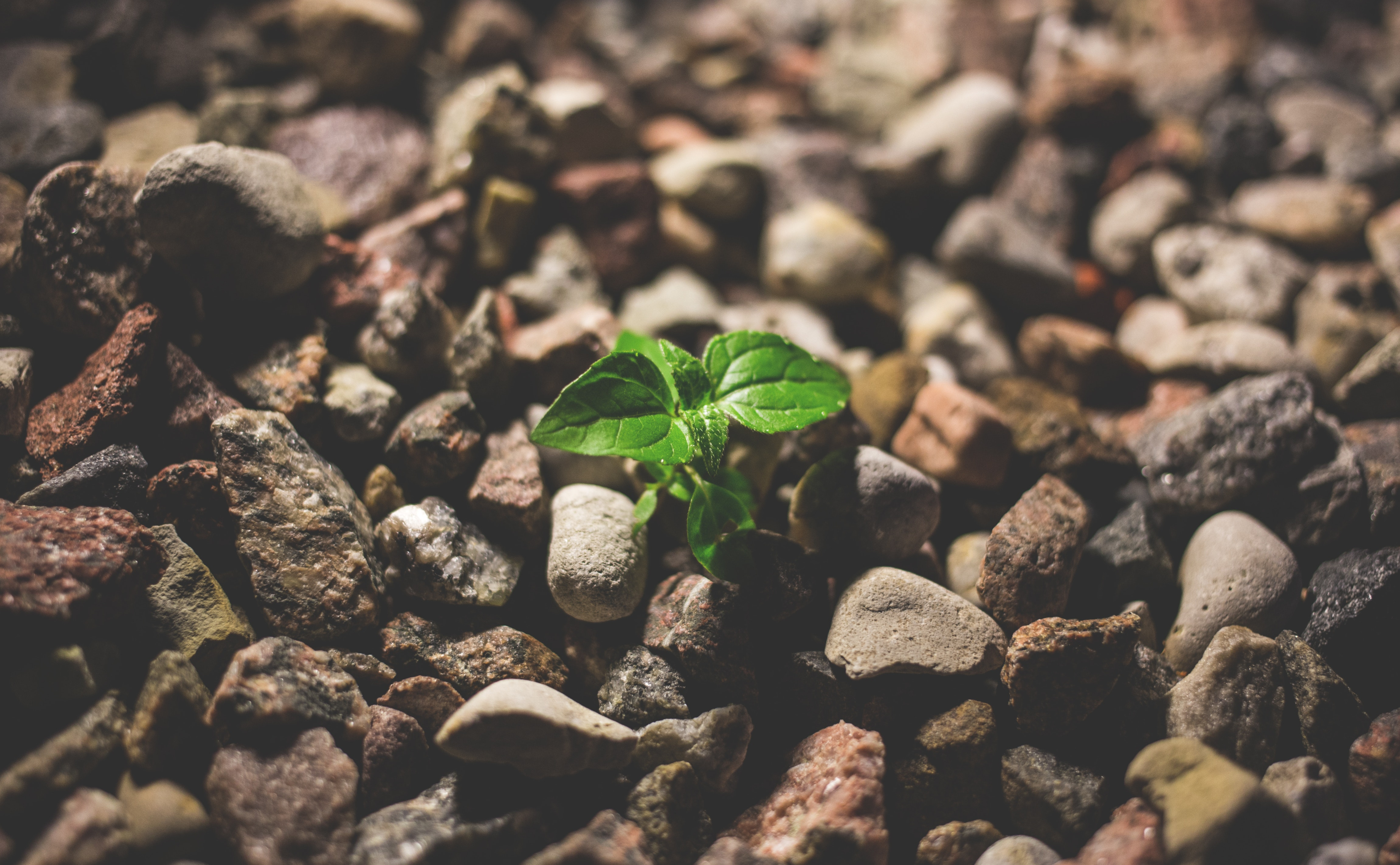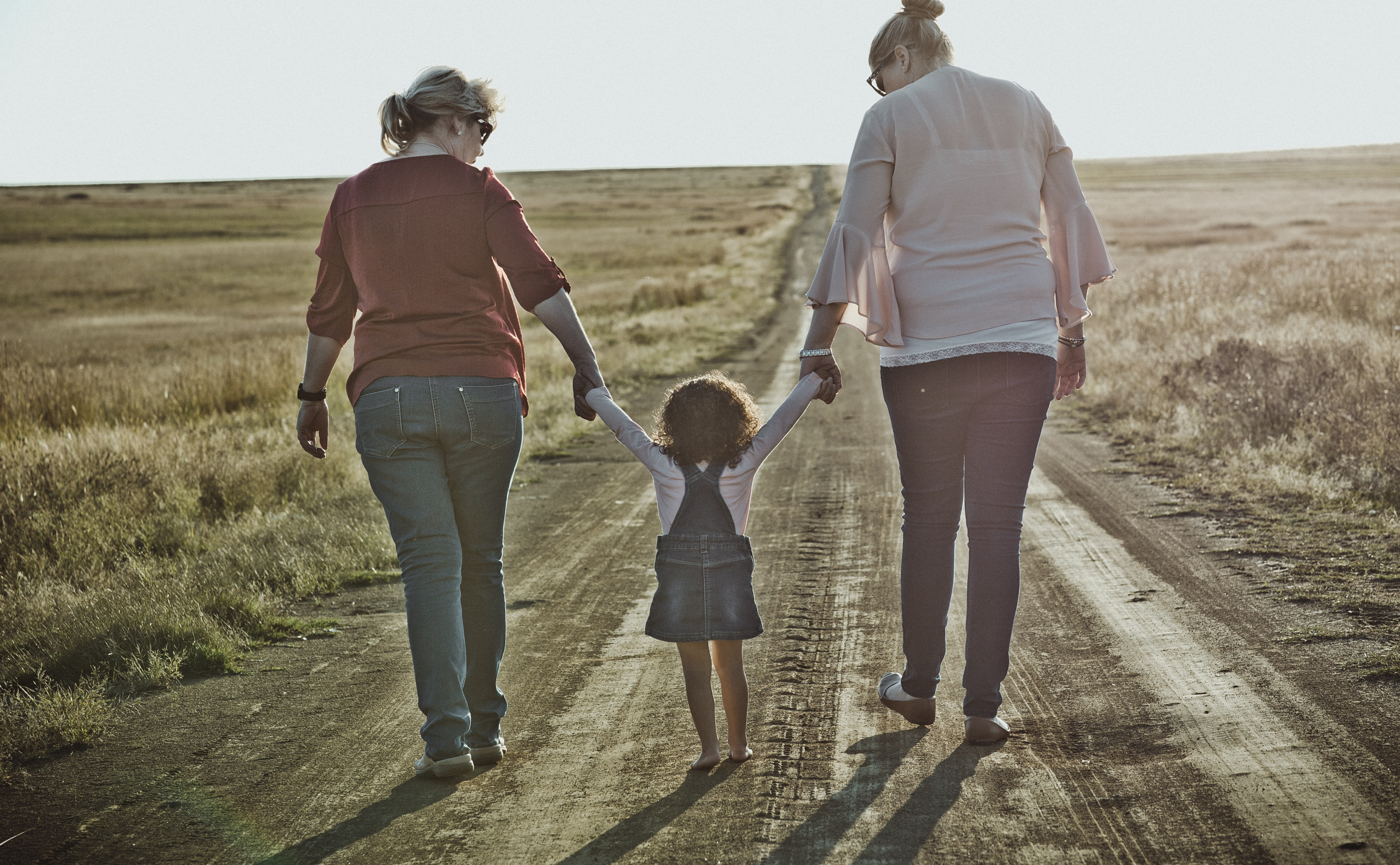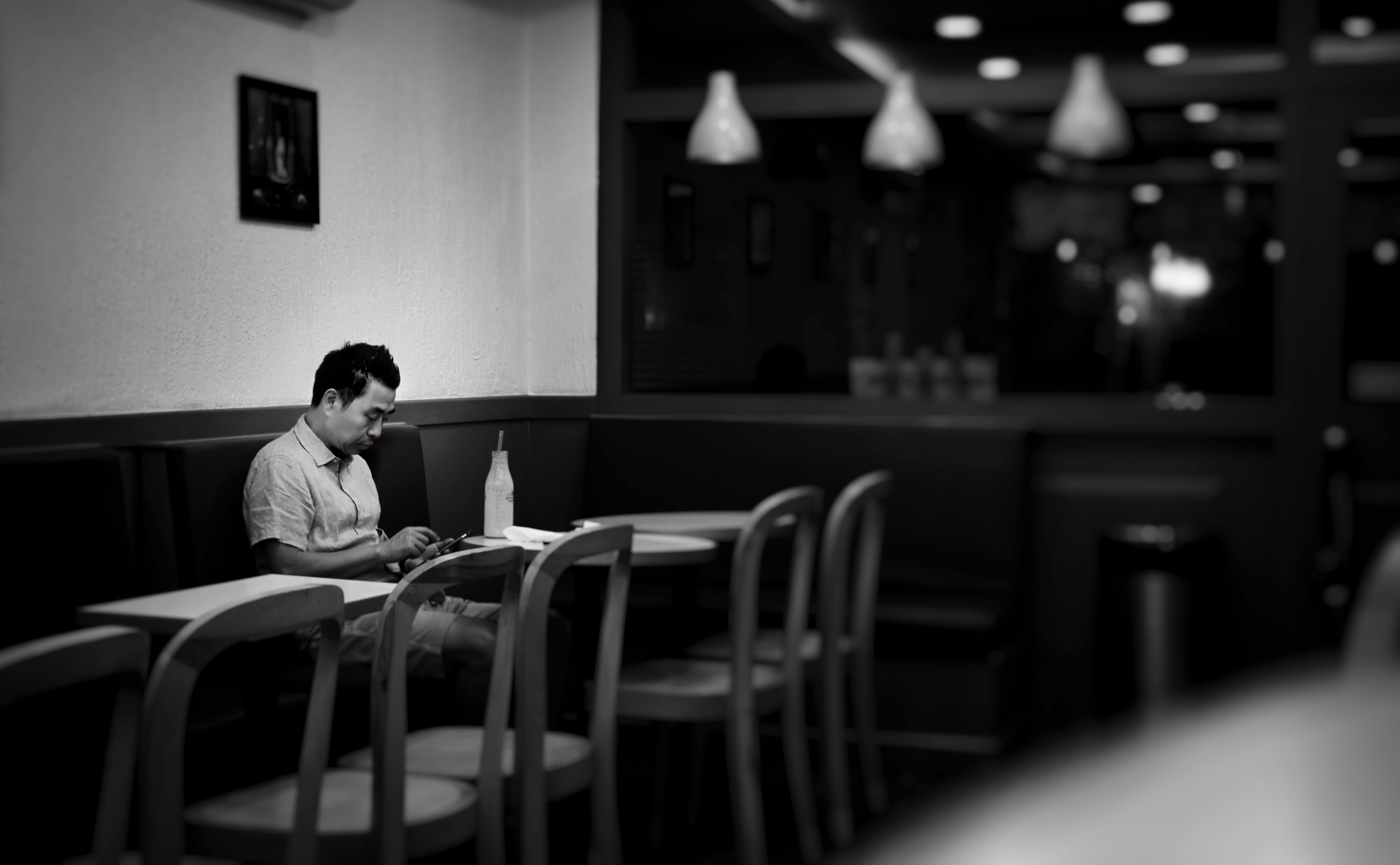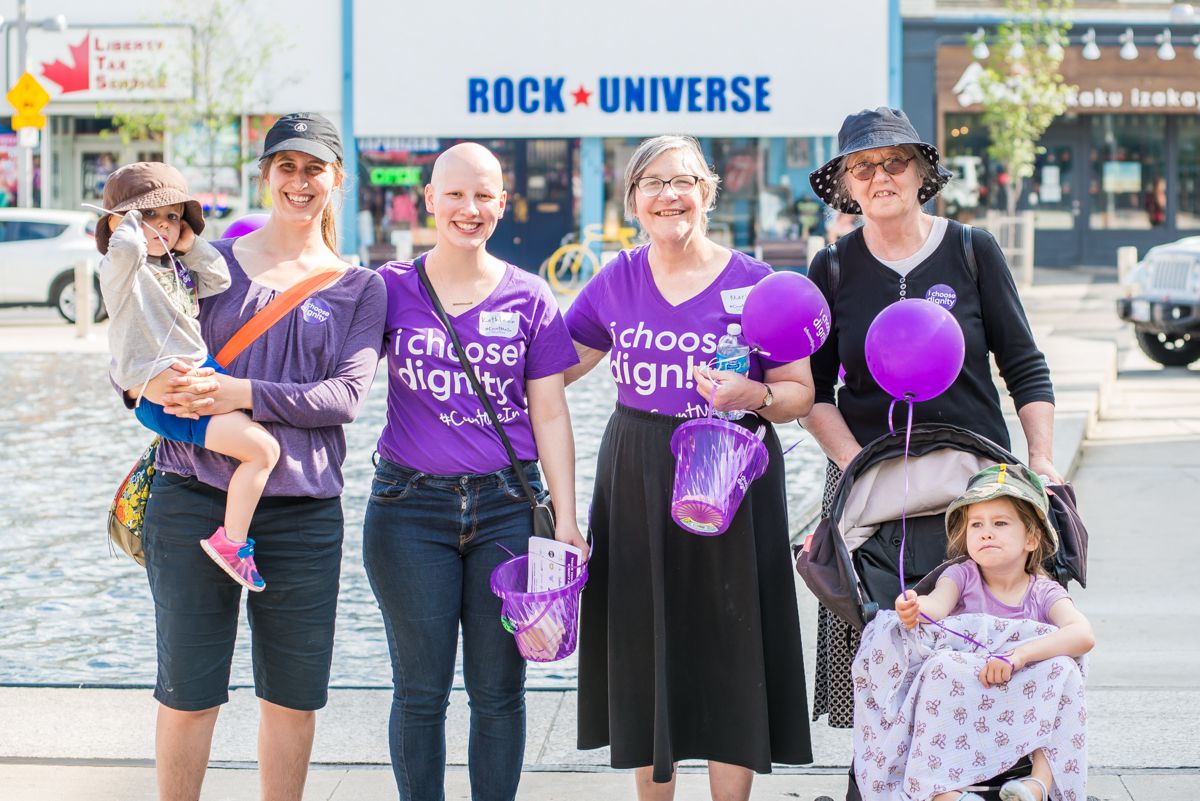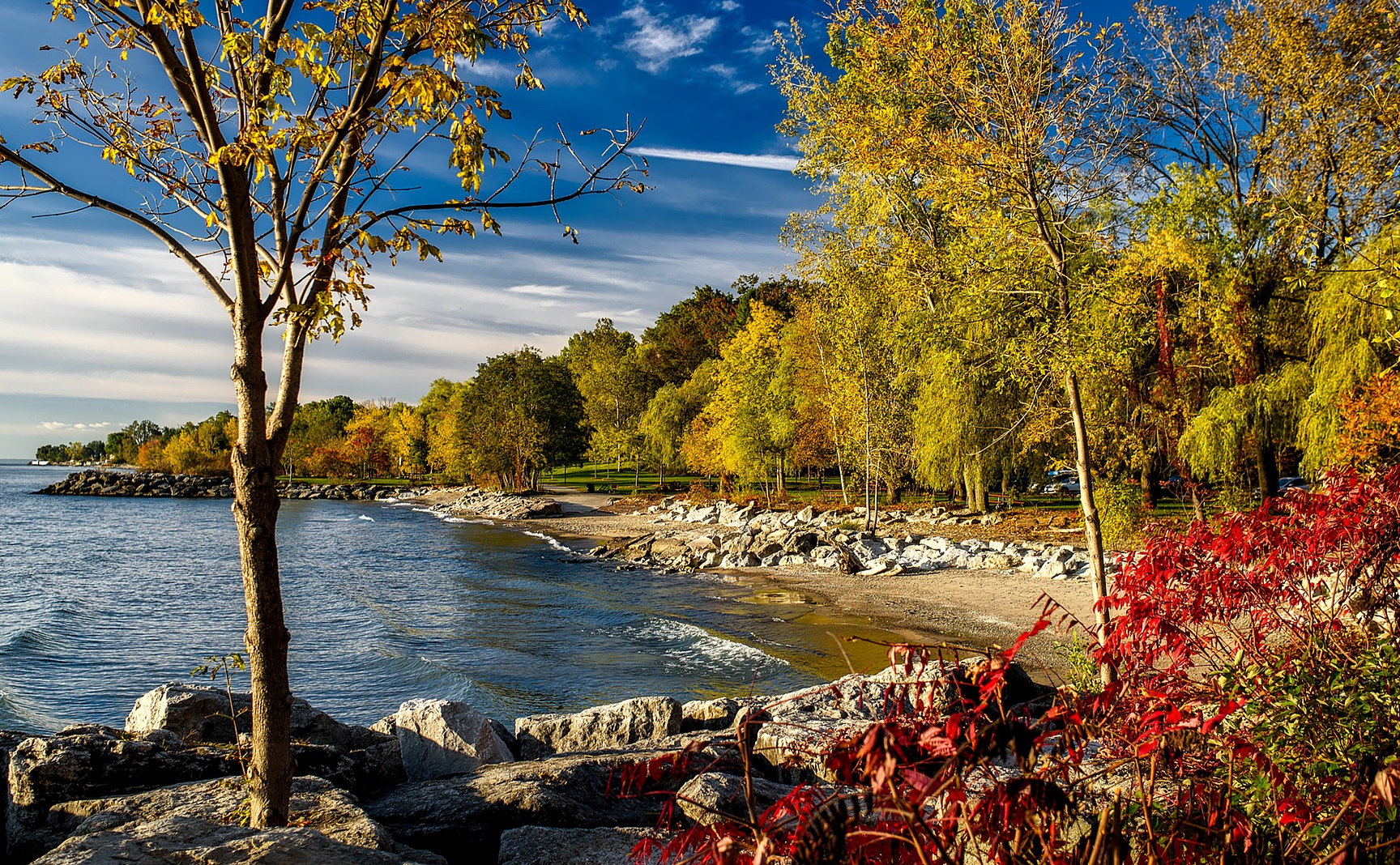Darwin Said Collaborate
For those of you who have read my book Deepening Community – Finding Joy together in Chaotic Times you might love to know you can sign up for a weekly inspiration at www.deepeningcommunity.org
Last week I got this fascinating gem which is a total rethinking of survival of the fittest thinking. Charles Darwin is known for his “survival of the fittest” theory. The common description is that the most able animals will continue to evolve, while weaker species will be eliminated over time. This interpretation has been used to justify what some call a “dog eat dog” world.
Read More
